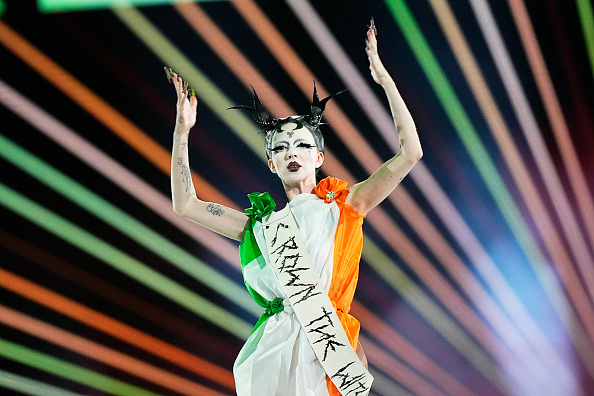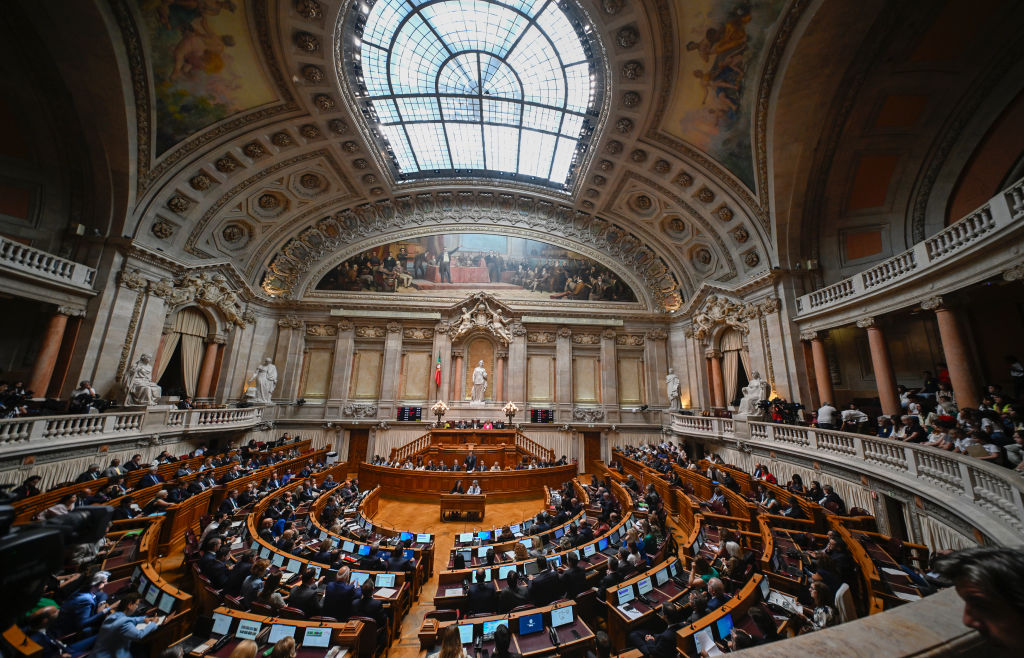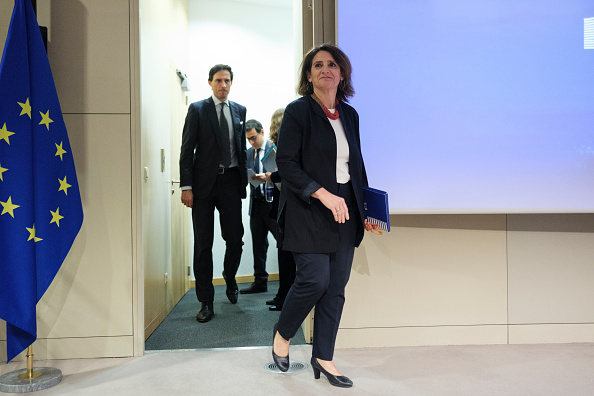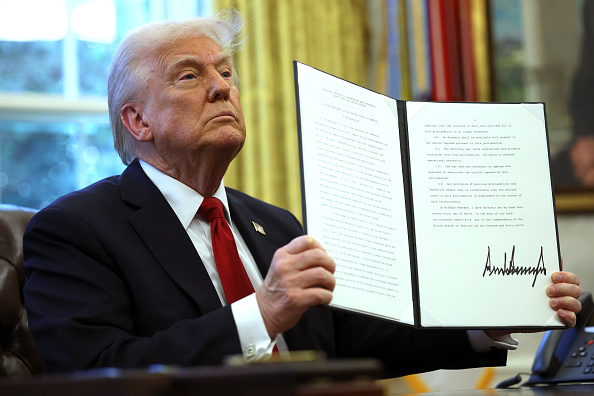Norway has reopened a long-standing and controversial debate on European Union membership after its Conservative Party leader Erna Solberg said: “We are by definition in favour of EU membership.”
Despite that, the Conservatives’ probable coalition partners, the populist Progress Party, indicated it was firmly opposed.
“If there comes a window to apply, we will apply. I believe that Norway would be a better country if we were a member of the EU,” said Solberg, Norway’s prime minister from 2013 to 2021.
Her announcement was greeted with some surprise. “Did anyone have this on their bingo card?,” asked Sander Tordoir, chief economist at the Centre for European Reform think-tank.
Solberg’s party voted at a March 29-30 conference that the EU should engage in quick accession negotiations “should the situation warrant it”, while a poll among the general public showed 43 per cent for and 37 per cent against joining the bloc.
The biggest obstacle, though, would likely be the Sylvi Listhaug-led Progress Party, the Conservatives’ coalition partner during Solberg’s previous term as prime minister.
Progress, often described as right-wing, has opposed Norwegian membership of the EU since 2016.
Stefan Schubert, a researcher at the University of Oxford, said it was a “dubious characterisation” to describe the country as “edging towards EU membership”.
“The recent polls I find all show a majority against Norwegian accession,” he added.
Norway rejected EU membership in two referendums in 1972 and 1994. It nonetheless shares in the EU single market by belonging to the European Economic Area and the Schengen area border-free zone.
That particular relationship meant Norway lacked “a say at the table” about the single-market rules it would need to obey, Solberg said.
US interest in Greenland has made some Norwegians fearful that Russia would express an interest in Norway’s northern Arctic outpost of Svalbard, halfway between the European mainland and the North Pole.
Norway, a NATO member, helps to monitor the 2 million sqkm area of the North Atlantic in which the Russian northern fleet operates nuclear submarines.
Russia’s foreign ministry said on March 14 Norway should “renounce any activity that undermines the international legal foundations of the archipelago’s regime”.
Moscow was referring to a 1920 treaty that limited Norway’s military uses of Svalbard but did not make the archipelago a demilitarised zone.
The treaty gave Norway sovereignty over the island but allowed citizens of signatory states, including Russia, to settle there without holding a Norwegian visa.
The two Russian settlements on the island, Barentsburg and Pyramiden, now had 340 residents out of a Svalbarg’s total population of 2,945, according to Statistics Norwdomestic politics.ay.
Norway’s parliamentary election, scheduled for September 8, has also been upended by the shock return of former NATO secretary-general Jens Stoltenberg to politics, which Norway’s press has called “Stoltenback”.
He returned took on the role of finance minister in the cabinet reshuffle that followed the two-party coalition’s collapse.
While Solberg has been prime minster once before, Labour Party MP Stoltenberg has held the office twice, in 2000-1 and 2005-13. Among the signs Labour Party supporters backed his return were ones which read “Jens we can”.
A victory by his party would also likely overrule any sudden Norwegian decision to become an EU member.
The Labour Party has favoured EU membership but not immediately.
Labour had governed, until January, with its own smaller, eurosceptic coalition partner, the Centre Party. Centre exited the coalition over a disagreement with Labour about adopting EU energy policies.
Labour’s Prime Minister Jonas Gahr Stoere, who now heads a minority government, has favoured adopting EU directives on renewable energy, energy performance in buildings and overall energy efficiency.
Trygve Slagsvold Vedum’s Centre Party, though, has argued Norway, an exporter of power and gas, should try to reclaim control of those sectors from EU regulation.
The Progress Party had led polls until February 4 but Labour has since overtaken it, opening up a 6.1 percentage point lead in a March 12 survey.
Labour held 25.8 per cent support in that poll, ahead of Progress and the Conservatives on 19.7 and 19.5 per cent, respectively.





